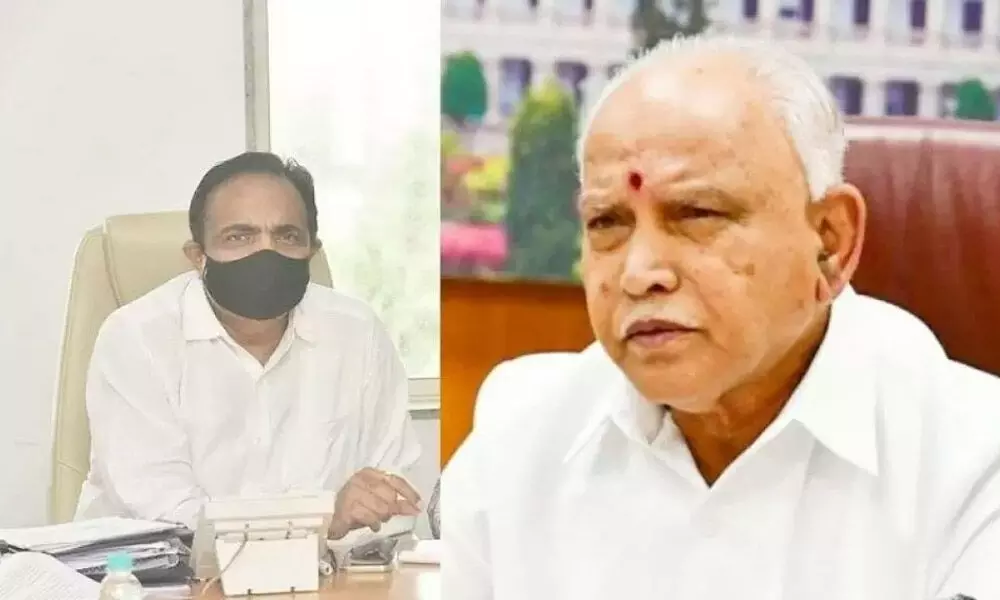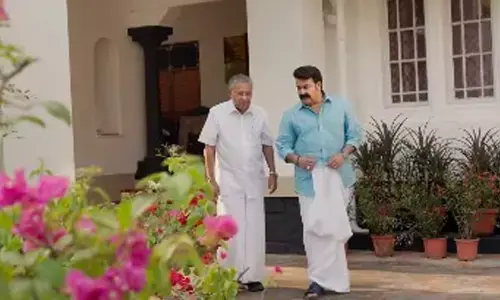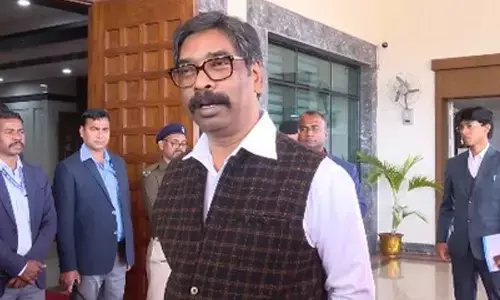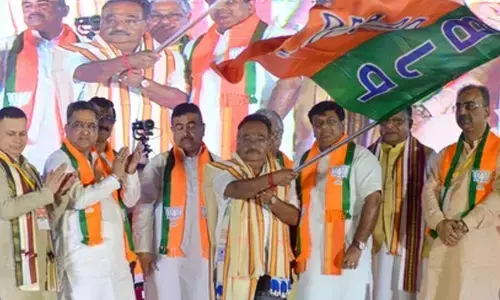Karnataka-Maharashtra form 3-tier water management panels to check floods

Karnataka-Maharashtra form 3-tier water management panels to check floods
Karnataka and Maharashtra on Saturday jointly decided to form three-tier water management committees to check floods in both the states during the monsoon season.
Bengaluru: Karnataka and Maharashtra on Saturday jointly decided to form three-tier water management committees to check floods in both the states during the monsoon season.
Karnataka Chief Minister B. S. Yediyurappa said that neighbouring Maharashtra's water resource department has agreed to discharge water from its reservoirs in an incremental manner in order to avoid floods in both Krishna and its tributary Bhima river reservoirs. Maharashtra water resource minister Jayant Patil said that this year both states have decided to share water release data on a real-time basis which is another step towards enhancing co-operation between them.
"This is the third meeting since last year. We have decided to have monitoring committees at reservoir levels, besides having committees at the secretaries and ministerial level in order to minimise losses," he said. Patil claimed that the understanding between both states has considerably improved since the 2019 floods which caused huge losses in Maharashtra too. He added that the suggestion of forming committees at the reservoirs and secretary level was suggested during secretary level talks held in Maharashtra last year. "As per this plan, we are having these committees, who will be interchanging water discharge data on a real-time basis," he explained.
After the meeting with Maharashtra water resources minister Jayant Patil and officials from both the states, Yediyurappa said "Karnataka had been the victim of man-made floods during the monsoon for the last couple of years. This time, Maharashtra has agreed to discharge water from its reservoirs in an incremental manner so that the state gets adequate time to minimise the damage by releasing water from its reservoirs," he explained.
Law and parliamentary affairs minister Basavaraj Bommai told reporters that "whenever Maharashtra receives heavy rainfall in the Western Ghat range its rivers swell and it used to let out water which caused floods in the backwaters of Almatti and after discharging water from Almatti it causes floods thereafter too. Hence, it was a double whammy for us. If the co-ordination between both of us improves, it helps both states to minimise losses and save lives and property."
He added that if timely warning comes from Maharashtra, Karnataka gets 48 hours to monitor the water inflow and outflow.
Discharge of water from seven major dams in Sangli and Satara districts of Maharashtra -- Koyna, Warna, Dhoom, Urmodi, Kanher, Tarali and Dhom Balkwadi -- has always been a major concern for Karnataka as the Krishna river flows with a very low slope and its drainage capacity being low, water management becomes even more crucial to prevent floods in Karnataka.
Flood management becomes vital as the Krishna flowing from Maharashtra confluences with various tributaries — Ghataprabha, Malaprabha, Bhima, Tungabhadra and Musi rivers —in Karnataka.




